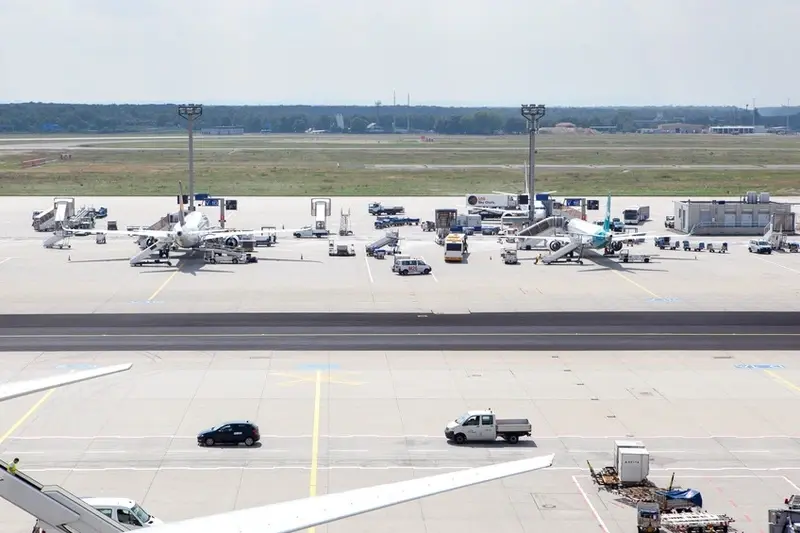
Initial market reaction on John Menzies' (MNZS) £153 million deal to buy an aviation fuelling unit from BBA Aviation (BBA) is that BBA may have achieved the better end of the bargain.
BBA's market cap has gained £71 million today versus a £29 million increase at Menzies following the deal for ASIG, a fueling and ground handling business. And that assessment looks like it may be a fair one at this stage.
We calculate Menzies implied share price, if a rights issue to part-fund the deal is completed, has gained only around 4% on the deal.
Commenting on the relative market cap gains between the two companies since the deal was announced, chief finance officer Giles Wilson said he was not sure the changes are relevant.
'BBA is a lot bigger than us in terms of market cap, so it's not clear to me that is a fair comparison,' said Wilson in a call with Shares.
'It has also been widely known BBA was looking to sell the business, it was included in its latest financial reports, so the sale was probably already baked in to their numbers. It was clear BBA had the business up for sale and so I don't think the market cap changes are of much relevance.'
It is also worth noting that BBA will book a loss-on-sale following the transaction, indicating Menzies picked it up at a lower value than ASIG was being carried on BBA's books, a potential sign the deal was a good one for Menzies.
'This is the right thing for us to do,' added Wilson.
'It will be margin enhancing and the board expect it to be earnings enhancing.'
Wilson said the key elements of the deal were picking up the fueling business and potential synergies in ground handling, where Menzies is already a sizeable player, working on over 1 million flights a year.
More details on the transaction will be available to shareholders in a prospectus due to be published shortly.
BBA unit ASIG, which Menzies is buying through a $250 million debt refinancing (£189 million) and £75 million rights issue, delivered a loss before tax of $7.9 million (£6.0 million) in the year to 31 December 2015 on revenues down 8% to $415.8 million.
Menzies believes it can strip out central costs of $20.3 million charged to the unit by BBA and incur expenses of only $7.3 million itself, meaning the business would be solidly profitable under its ownership.
Menzies chairman Dr. Dermot Smurfit adds that the deal increases Menzies' footprint globally and adds an important new product offering in aircraft fuelling. Much of Menzies' current business is around front-desk customer servicing and cargo handling.
Given Menzies changes to ASIG’s cost structure and other assumptions, its board of directors says the deal should be ‘materially earnings enhancing’ in the year ending 31 December 2017.
Shareholders of Menzies must approve the deal because of its size, and because they are being asked for £75 million to fund the deal through a five for 14 rights issue at 343p a share. Menzies share price today is 624p.
ASIG is described by BBA as the world’s leading independent refueller of aircraft, employing around 8,000 people and providing ground, fuel and airport facility services to airlines, airports and oil companies.
While the market reaction for the deal on Menzies’ share price today is not a ringing endorsement, according to our calculations, its success or failure will be decided not today but over the longer term.
The deal could deliver value to both companies, given that BBA is typically regarded as a fixed base operator (FBO), providing a host of services across airport sites even including canteen services to pilots, while Menzies stated in a previous interview with Shares that it was not interested in operating in that market.
ASIG is a commercial aviation business providing on-site services, rather than an FBO, indicating it may have been surplus to BBA's requirements but still an attractive asset to Menzies.




